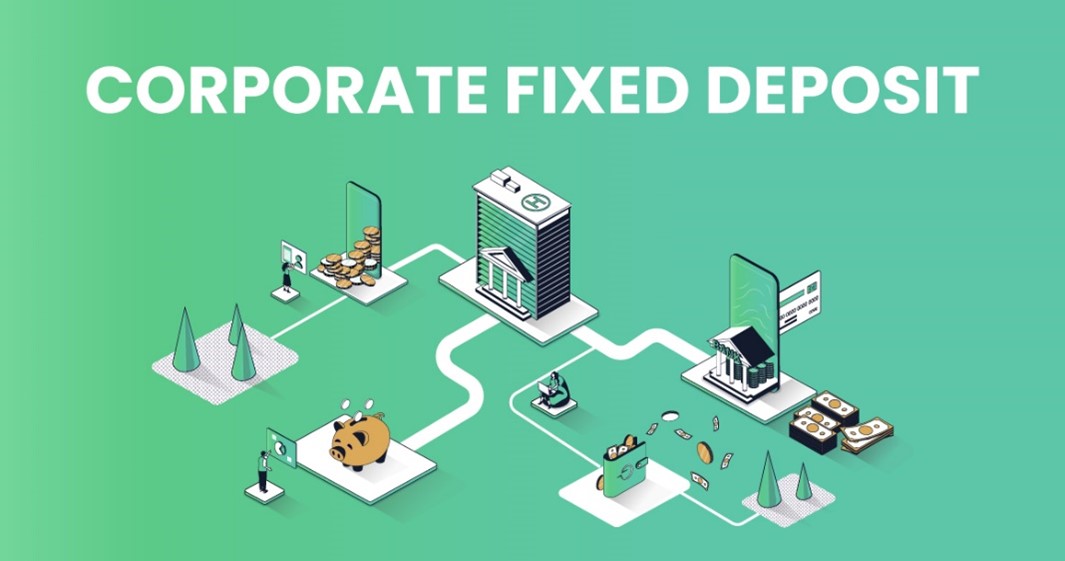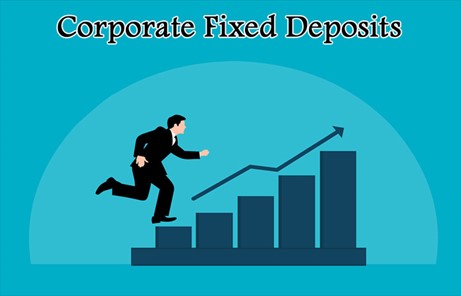



Corporate Fixed Deposits, often referred to as Corporate FDs, are investment instruments offered by corporations and non-banking financial companies (NBFCs) to raise funds from investors. They are similar in structure to traditional bank fixed deposits (FDs), but they are not offered by banks. Corporate FDs are considered a type of fixed-income investment. Here are key points to understand about Corporate Fixed Deposits:


Corporate Fixed Deposits can be an attractive investment option for individuals seeking higher returns than those offered by traditional bank FDs. However, they also carry higher risk, and We will carefully assess the issuer's financial stability and credit rating. Diversifying investments across multiple issuers can help reduce risk.
With Skywealth, you can make informed investment decisions, secure attractive returns, and achieve your financial objectives through Corporate Fixed Deposits.


Sri Chandra Apartments, #32-6-14,
Flat No: T2, 4th floor, Beside SEBI
Corporate Office, Mogalrajapuram,
Vijayawada - 520010.
Copyright © Skywealth Finserv Pvt Ltd. All rights reserved.